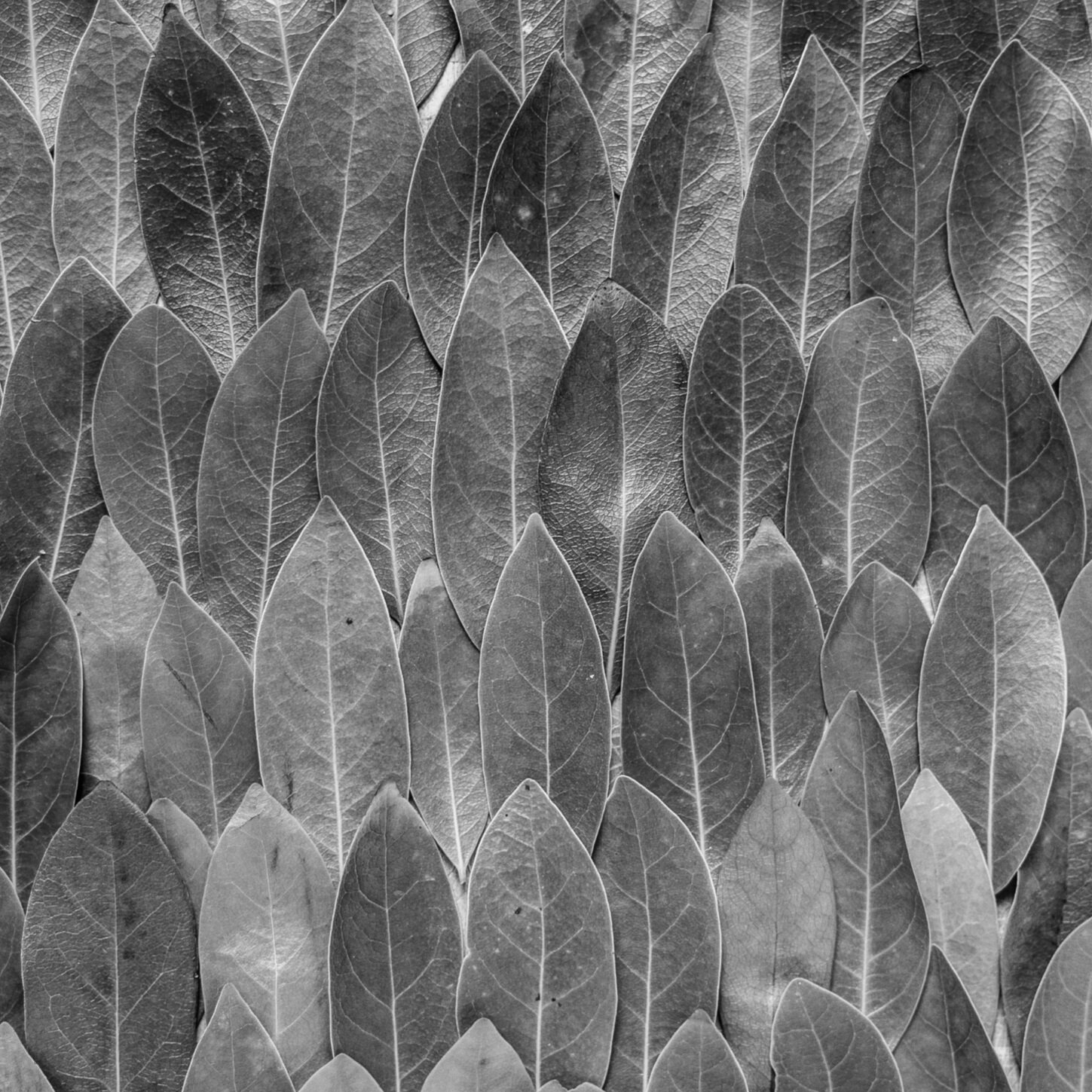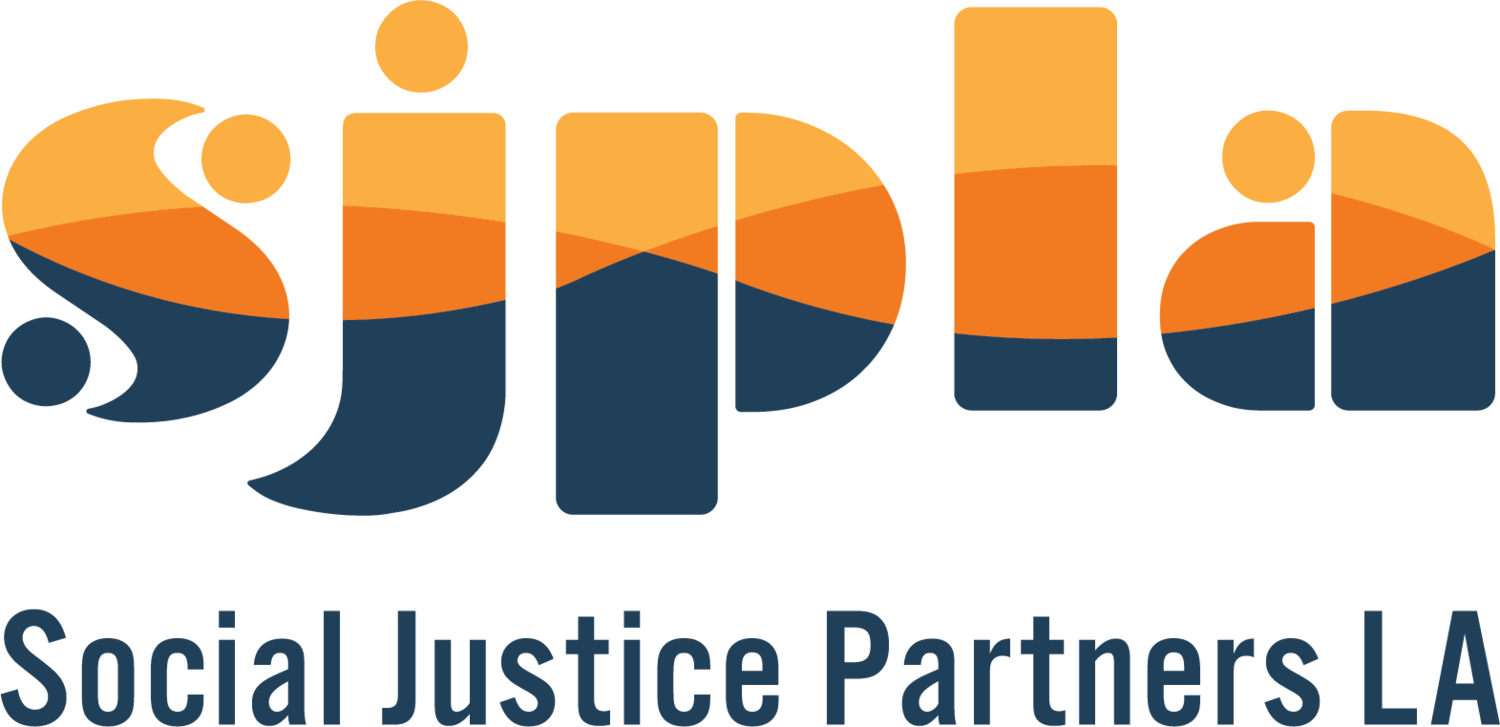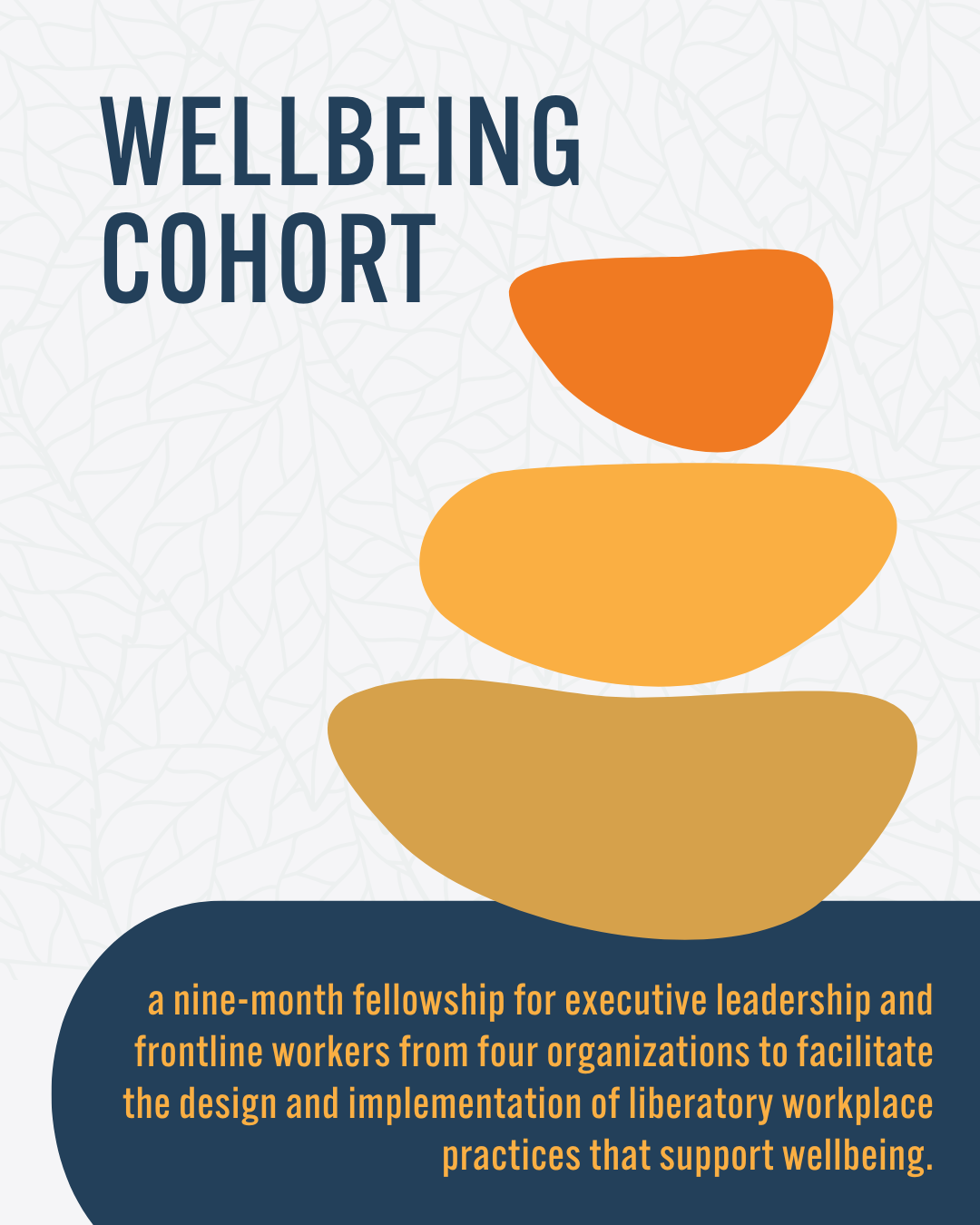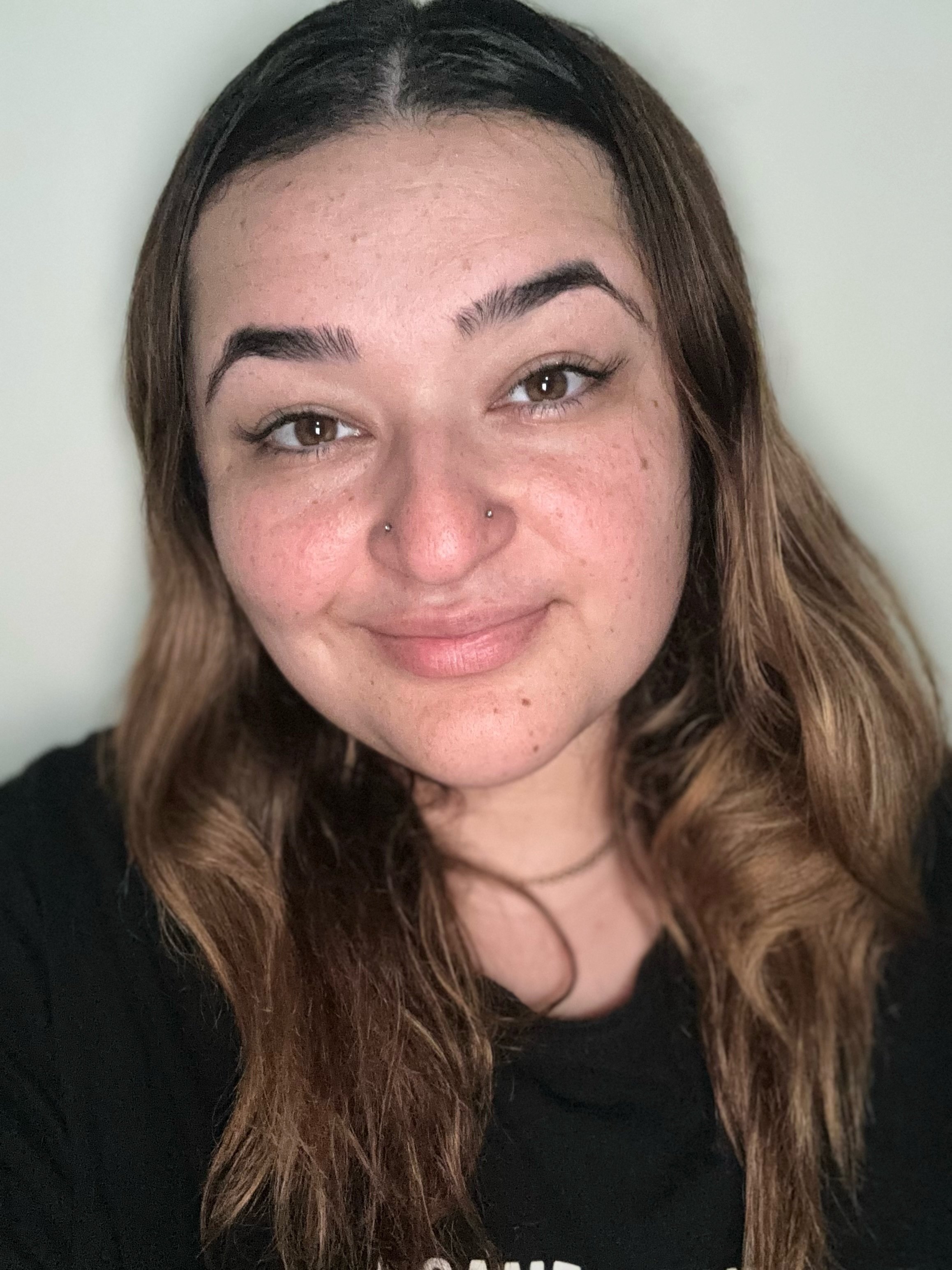Healing Justice
We rarely address the mental, physical, and emotional toll of caretaking work, felt most acutely by BIPOC workers, leading to burnout and attrition. Providing healing practices and tools to care for the homeless response workforce helps retain expert employees and renews their ability to care for their clients.
We are deeply investing in the health and wellbeing of the homeless response workforce. We’re especially mindful of the need for this work amid a global pandemic.
“Healing justice is a framework that identifies how we can holistically respond to and intervene on generational trauma and violence, and to bring collective practices that can impact and transform the consequences of oppression on our bodies, hearts, and minds.”
Cara Page and Kindred Southern Healing Justice Collective

Wellbeing Series
SJPLA’s Wellbeing Series is a free, monthly workshop introducing a variety of healing modalities as part of our Racial Equity in Homelessness Initiative. These sessions promote personal rest, renewal, and connection creating space for discussion on how to sustain wellbeing practices.
These spaces will be facilitated by wellbeing and healing justice leaders from all walks of life, and have included speakers like Tracey Stanley, Prentis Hemphill, and adrienne maree brown.
Sessions will take place remotely, usually every third Thursday of the month and can be registered for individually.
Upcoming events
Wellbeing Cohort
SJPLA’s Wellbeing Cohort is a new space for care, collaboration, and reimagining the workplace for organizations in the homeless response sector. This program brings together 40 staff and leaders from four organization — St. Joseph Center, HOPICS, Housing Works, and The Center in Hollywood — to explore what it really means to support frontline workers.
Through full-day, hands-on workshops led by Equity Meets Design, participants will design practices that center wellbeing, especially for BIPOC staff who so often carry the greatest burdens. By bringing executive leadership and frontline teams together, the Wellbeing Cohort is creating room to listen, heal, and build more liberatory workplaces together.
How it Works
The fellowship takes place over 12 two-day design intensives from September to May.
Four homeless response organizations will nominate 10 participants, including executive directors and frontline workers, to attend and design liberatory workplace practices that center frontline worker wellbeing.
Homeless response worker in Los Angeles
Can commit to attending all 12 sessions (via zoom)
Learning Overview
Through design sprints, guided workshops, and thoughtful conversations, participants will create practices that care for their teams while continuing to serve our broader community.
Together, we’ll explore meaningful ways to welcome wellbeing into our systems, ourselves, and the work we do every day.
Community Care and the Workplace
SJPLA’s Community Care and the Workplace is a free five-week course for folks who work in the homeless response sector. We’ll discuss ways disconnection, burnout, and grief shows up in our work.
We rarely address the mental, physical, and emotional toll of this work, felt most acutely by BIPOC workers, leading to burnout and attrition. Providing practices and tools to care for this workforce helps retain expert employees and renew their ability to care for their clients.
Upcoming events
How it Works
The course takes place over five hour-long sessions and will enroll 15-20 people per course.
Homeless response workers will be enrolled on a first-come, first-served basis for applicants who fit the criteria.
Homeless response worker in Los Angeles
Can commit to attending all five sessions (via zoom)
Learning Overview
Through guided discussion, practices, and guest speakers, participants will build practices that offer care for themselves while being of service to our greater community. The course will explore community care strategies like healing justice framework, embodied mindfulness, council circle, and more.
We will identify unique ways to collectively invite wellbeing and community care practices in ourselves, our structures, and our work.
“Before this training I felt so alone and burnt out. This training helped me see that there is a community of supportive people out there and that many are feeling the same way. In just 5 weeks, I grew and I honestly think it was because of the training and everyone in the training.”
Tania Trigueros - Housing for Health





